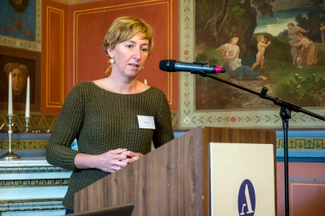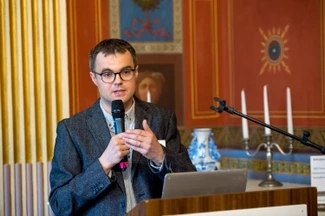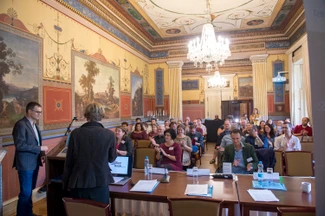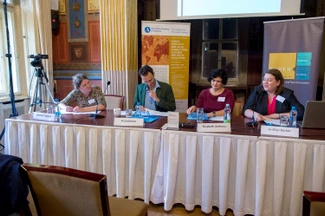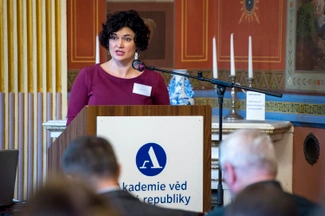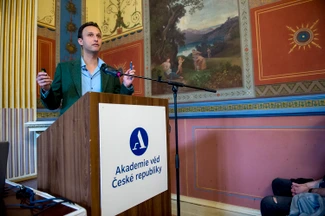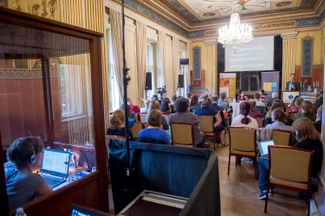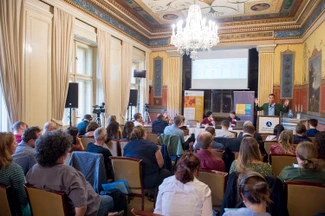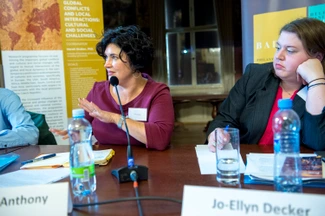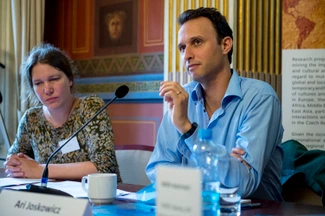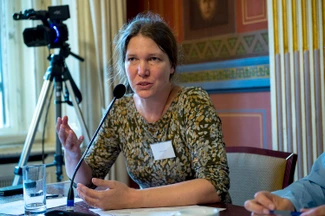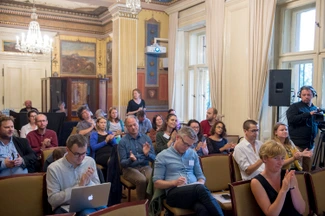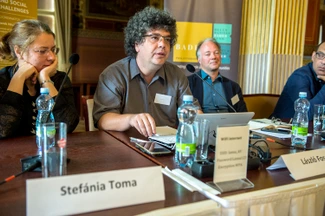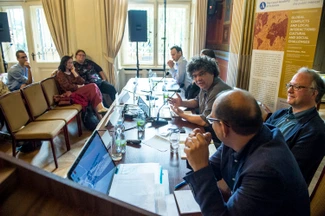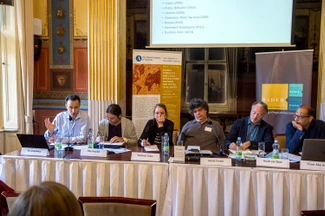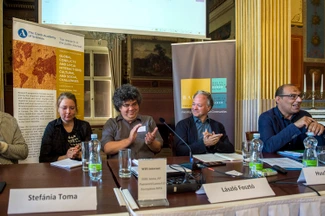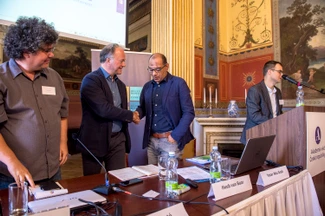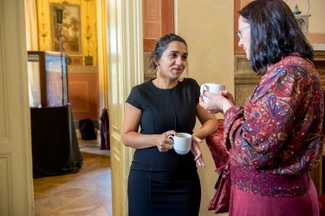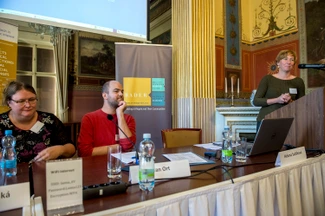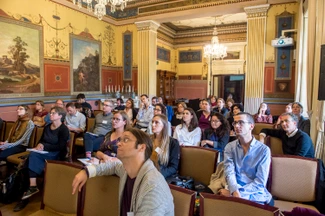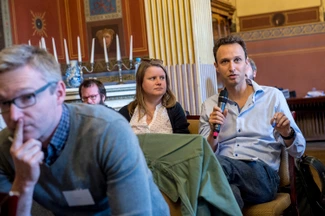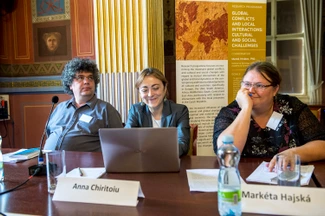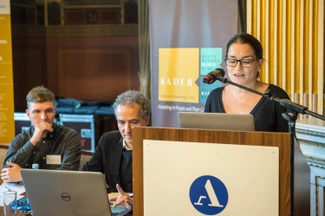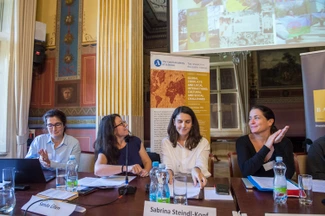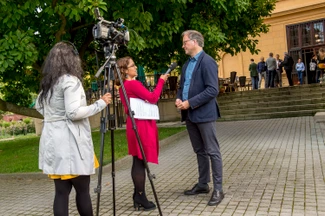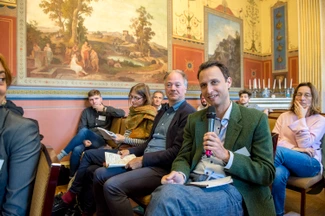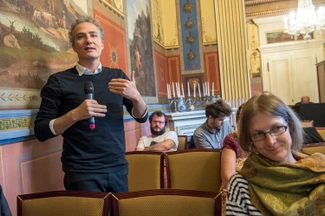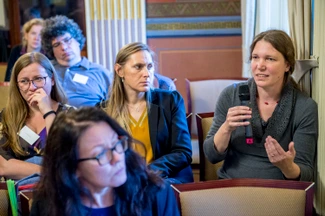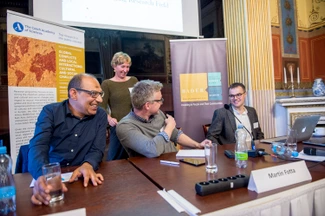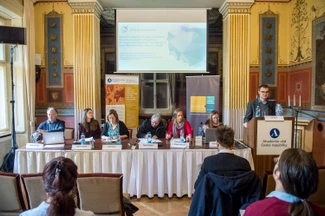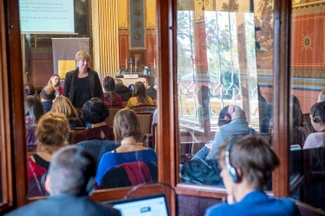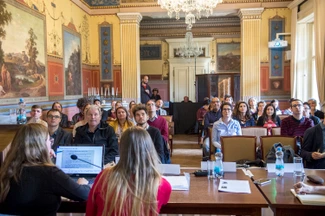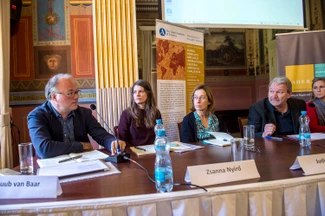Trajectories of Romani Migrations and Mobilities in Europe and Beyond
(1945 – present)
International Conference
16-18 September 2019
(1945 – present)
Organizers:
Jan Grill (University of Valle)
Helena Sadílková (Faculty of Arts, Charles University)
In recent years, an increasing number of research projects, publications, and media have directed their attention toward the subject of Romani migrations and mobilities. Nevertheless, the majority of these studies have seldom integrated the examination of historical continuities and social trajectories that have shaped contemporary migratory movements. Anthropological and sociological accounts have documented contemporary strategies employed by Romani migrants, the production of legal classifications, and explored the politics that shape Romani mobilities. Additionally, the concept of "nomadism" persists in influencing discourse as a foundational principle, frequently employed as a simplistic "straw man" in researchers' arguments. We hereby extend an invitation to researchers to methodically examine the merits and limitations of this binary framework and to transcend it through conceptually innovative analyses of movement, circulation, migration, and the concomitant social and existential mobilities they imply in the context of the post-World War II era. In this regard, it is imperative to acknowledge that a significant proportion of local Romani communities have been an integral part of the European sedentary population.
The conference also aims to contribute to the nascent field of comparative studies of Romani mobilities with a focus on the second half of the 20th century and from intersectional perspectives. While recent research has documented the suffering and persecution of Romani groups during World War Two, post-war developments have not received the same level of attention. These include, for instance, Romani experiences of returning to destroyed homes, government attempts to resettle and disperse Romani populations by force, labor and other internal migrations in search of better lives, enchanted by the opportunities available in more industrialized cities, or navigating through "compensation schemes" introduced by various state and international agencies.
